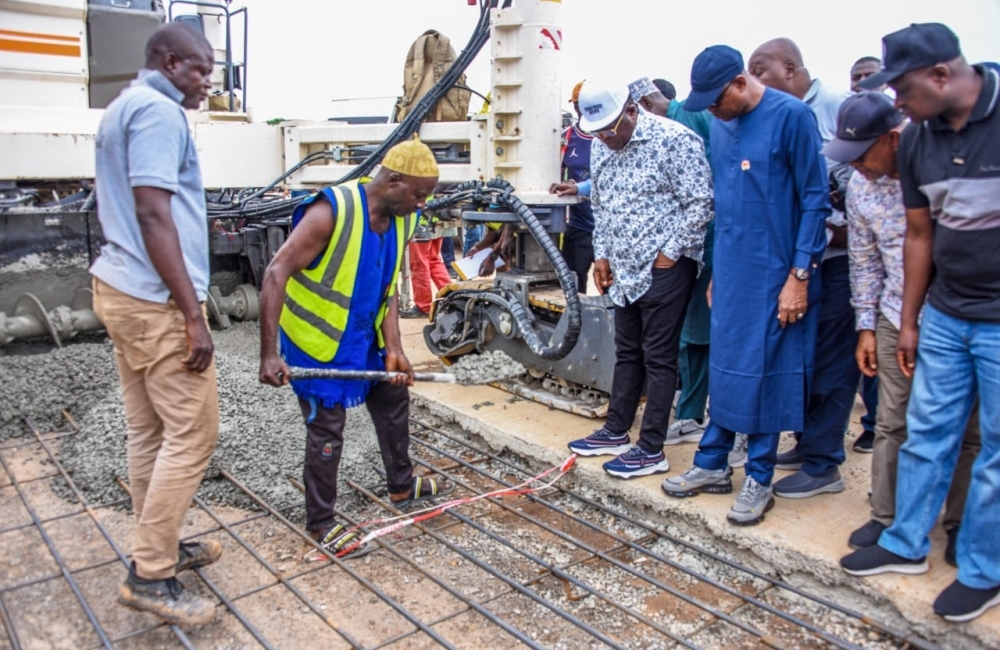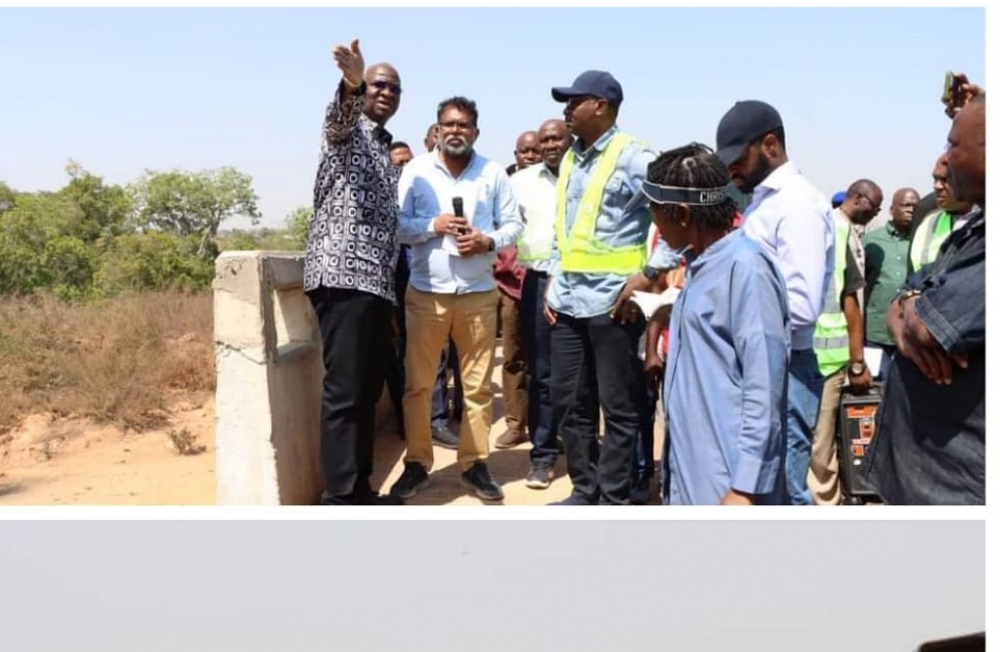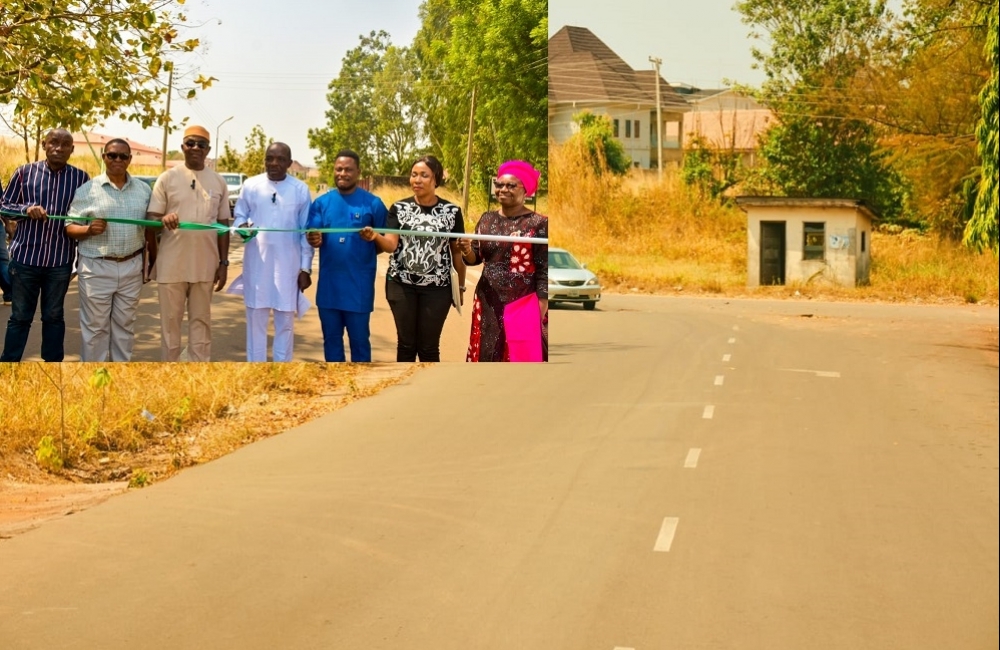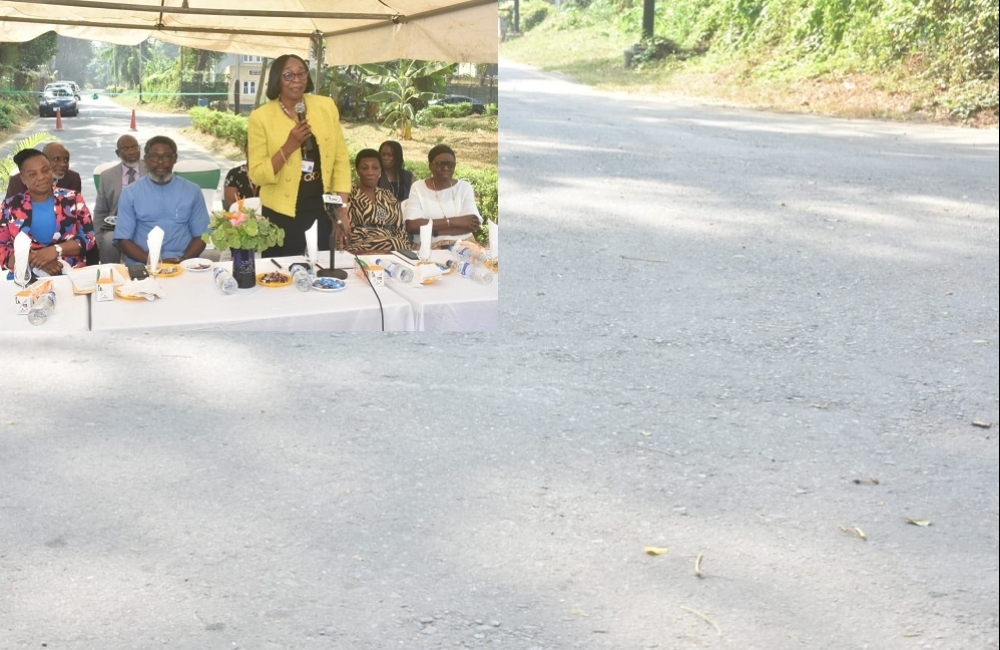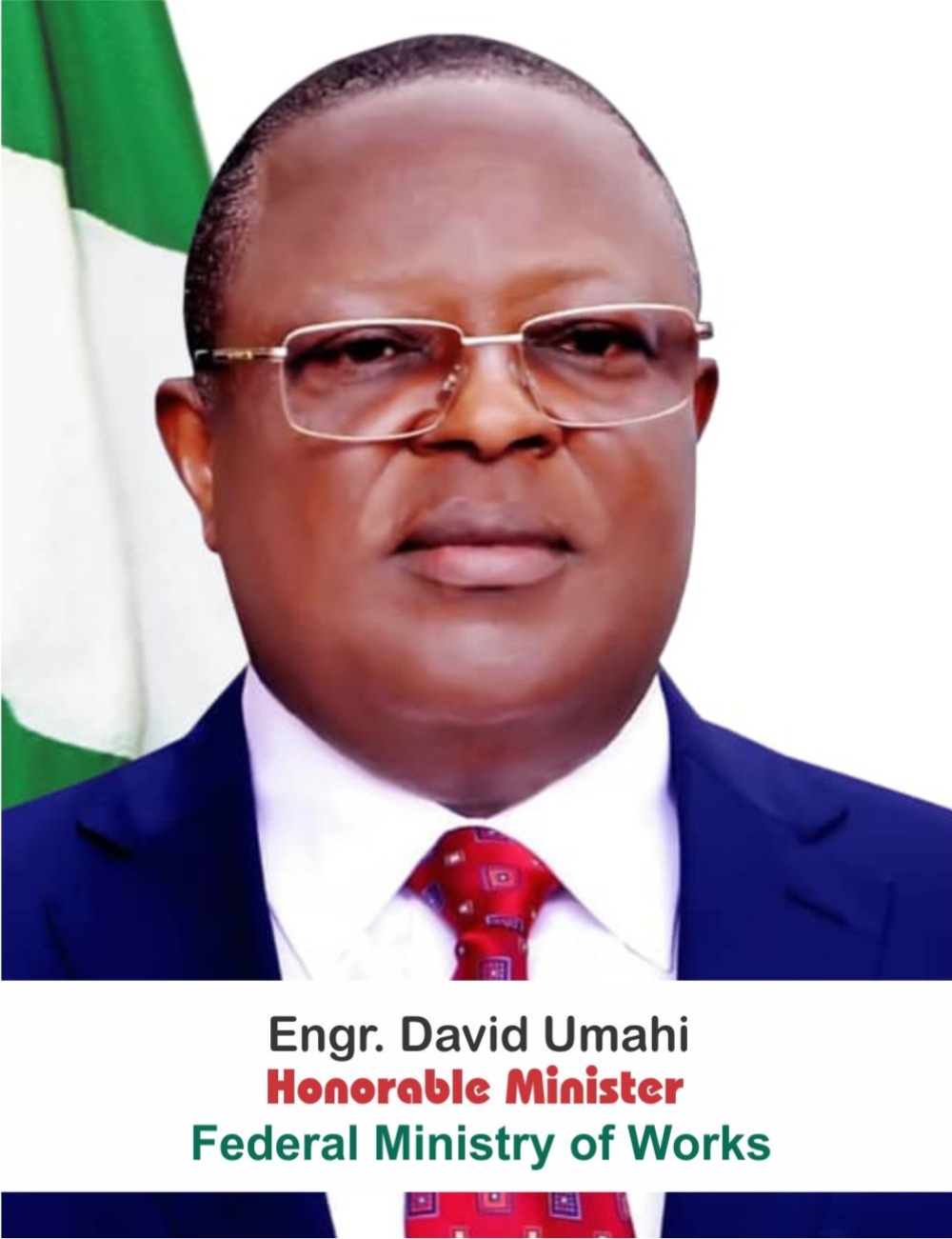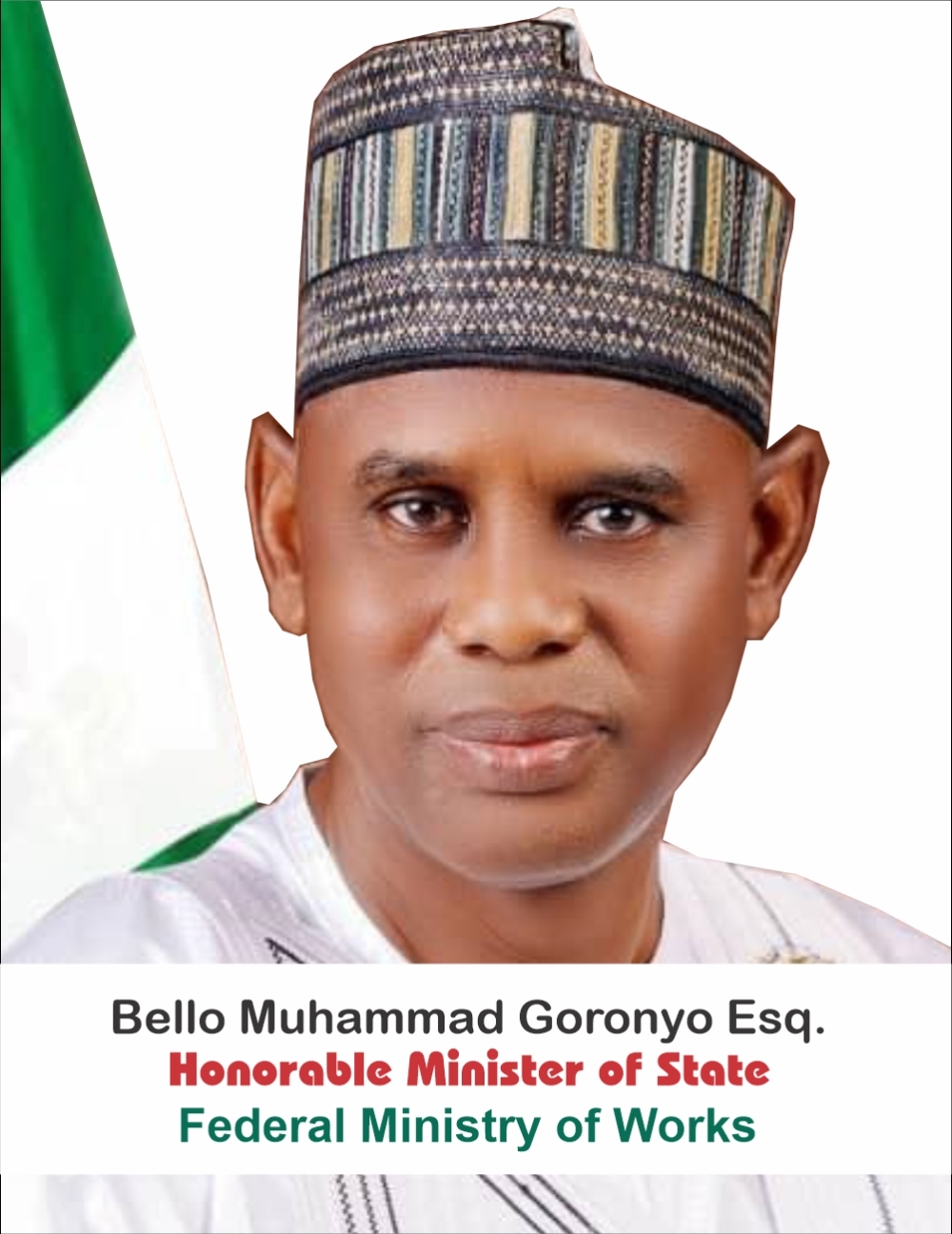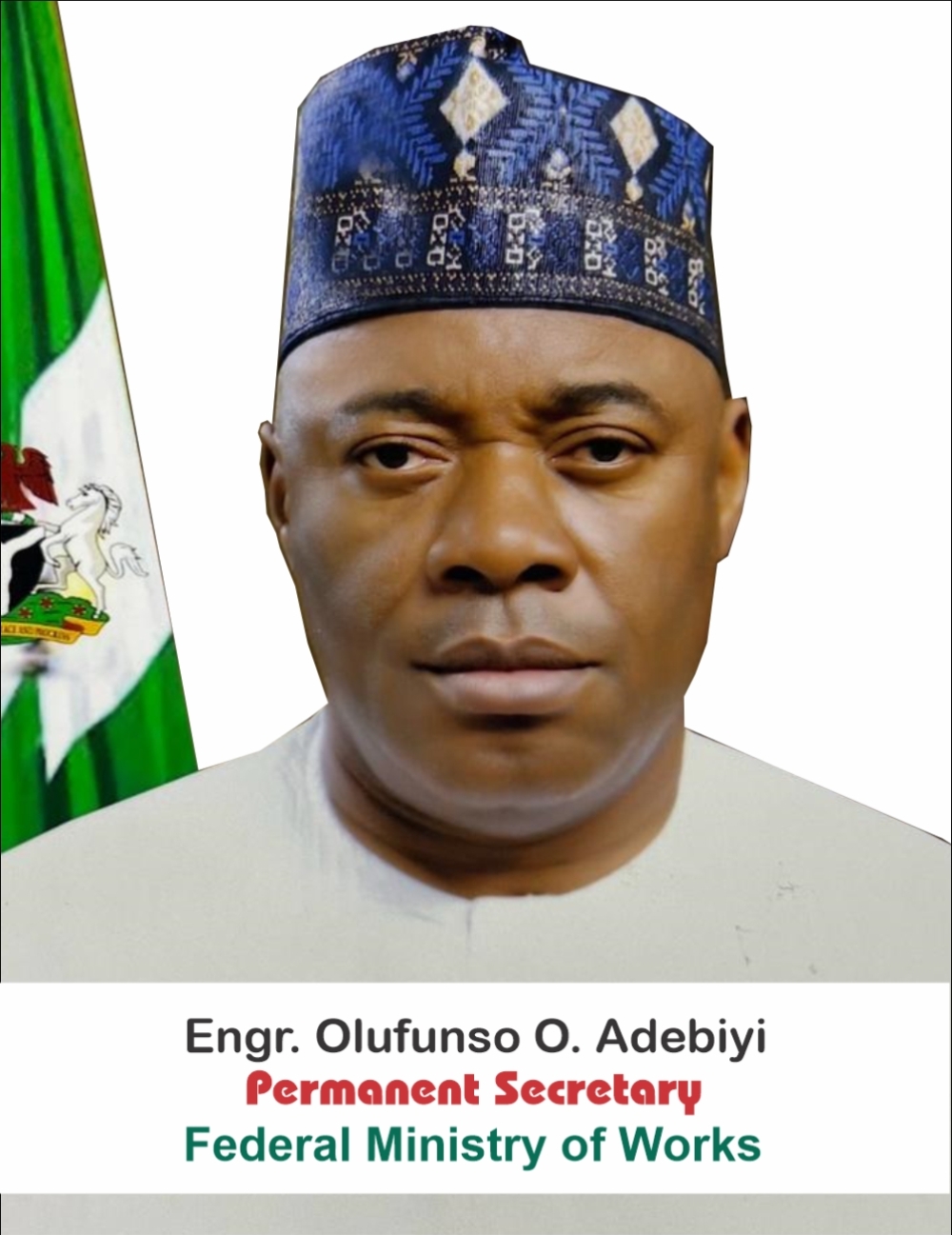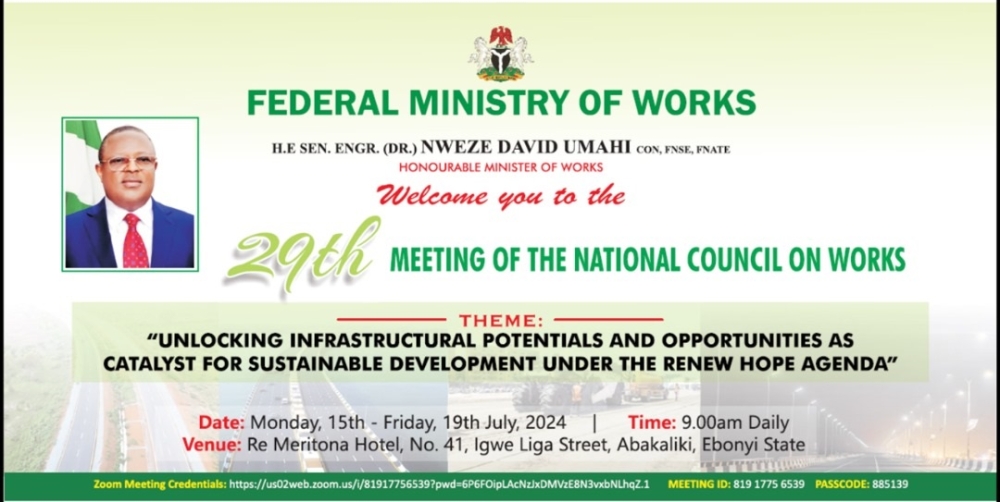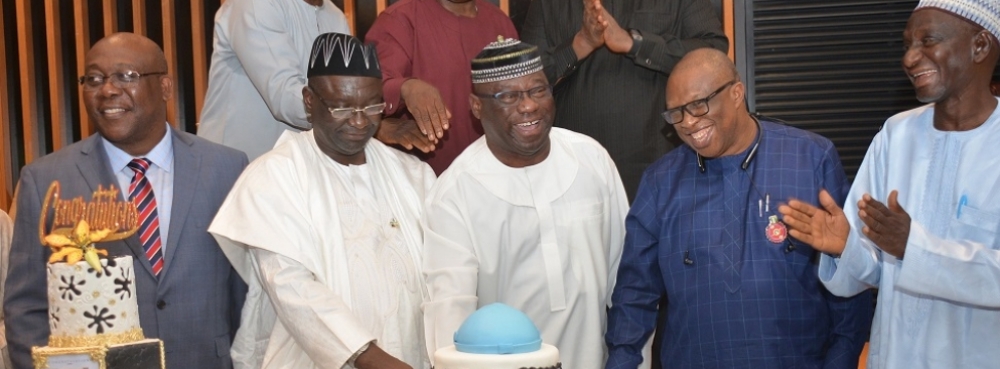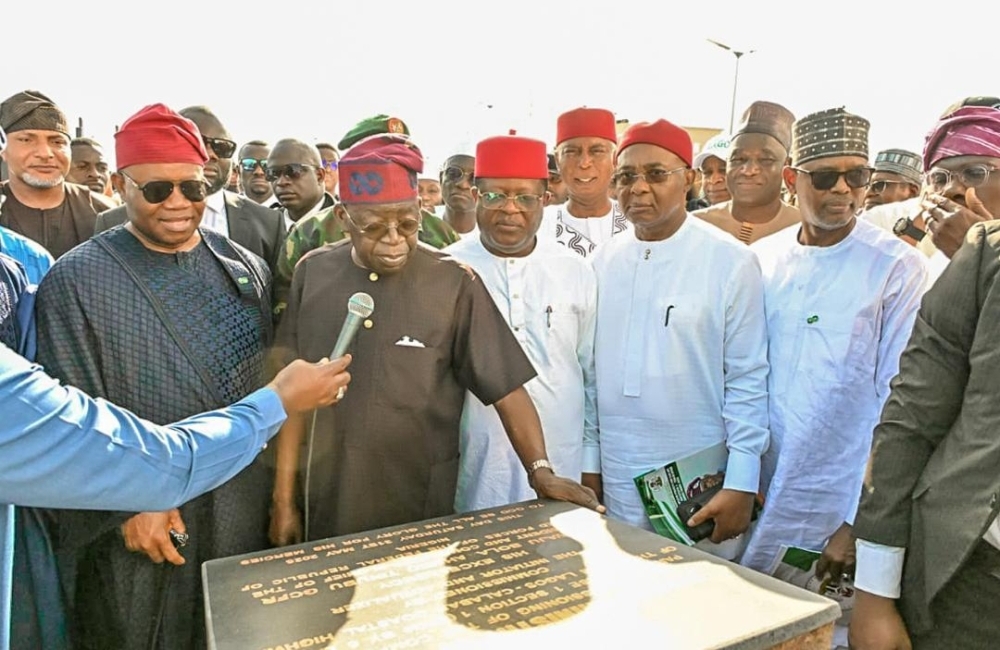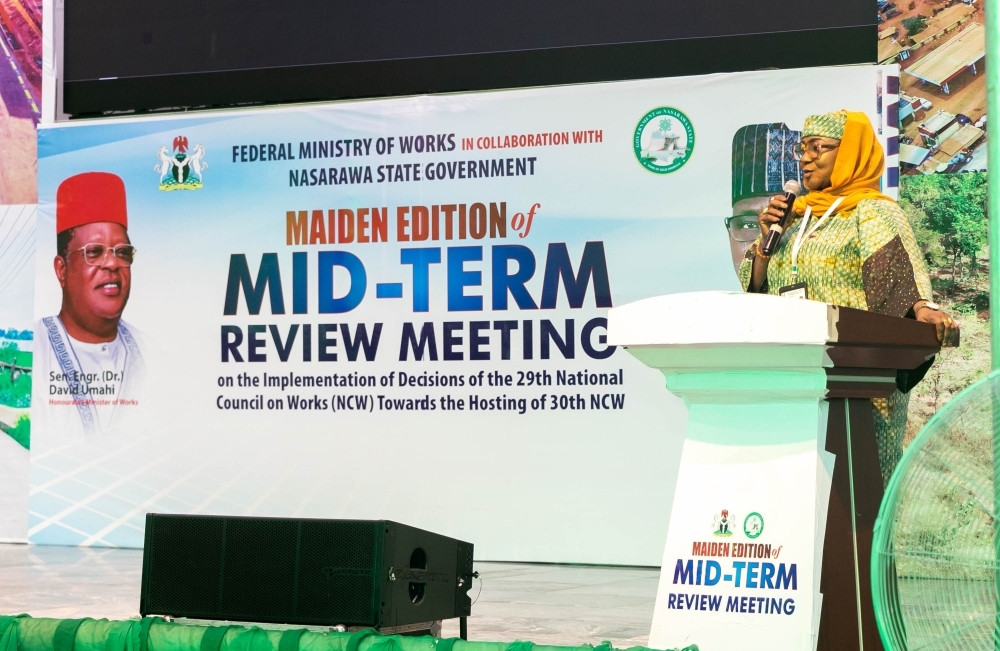Keynote Speech Of The Honourable Minister Of Power, Works And Housing At The Guardian Power Summit
Keynote Speech At The Guardian Power Summit: "Beyond Rhetoric: Turning Nigeria's Power Sector Value Chain Potentials To Profit" Delivered By Babatunde Raji Fashola, San At Four Points, Lagos On Thursday 14th September 2017
I would like to start by thanking Lady Maiden Alex-Ibru, the chairman and publisher of the Guardian newspaper for inviting me to speak at this forum.
In particular, I have been invited as keynote speaker with the task of "setting the context" around the theme of turning Nigeria's power sector value chain potential to profit.
I welcome the opportunity this platform provides because it provides the Buhari led government a forum of expression to well-meaning and right-thinking persons who want to know what is going on about power.
As my invitation rightly acknowledges, context is important. It provides a rational basis for assessment and a fair determination for deciding whether progress is being made.
So, let us start by going back to May 29, 2015 when this government was inaugurated.
The amount of power available on the grid on that day was 2690 MW. The transmission capacity was around 5000 MW and was then infamously described as the weakest link.
The distribution capacity existing at around 750 33/KV trading points, from where power is received by the DisCos and sent to us, was about 4000 MW.
Clearly, the power then being generated at 2690 MW was not up to the transmission capacity of 5000 MW and was insufficient to fully optimize the distribution capacity of 4000 MW.
Within a few months after President Buhari’s assumption of office, power improved and we all acknowledged. We credited it to the President's ‘body language.’
But the truth was that it had little to do with body language, and more to do with a sense of purpose that people sat up and began to do what ought to be done.
In addition, the rains were upon us in July 2015 to September 2015.
There was Gas supply which allowed the Thermal plants to produce power.
Therefore from Hydro and Thermal sources we reached an all time peak power production of 5,074MW before the damage to the pipelines started and we started losing power.
We cannot damage power and gas assets and still expect them to provide service to us.
It does not make sense.
Instead of rhetoric, this government set to work.
a. Government engaged the aggrieved communities where the attacks were taking place to restore peace.
b. Government repaired the damaged gas pipelines and gradually restored gas supply.
c. Government launched an economic recovery and growth plan which made power supply one of 5 (FIVE) critical pillars.
d. Government launched a Power Sector Recovery Programme to work out and implement policies and actions such as:
i. Constituting the regulatory commission, the Nigerian Electricity Regulatory Commission (NERC); except the Chairman, now awaiting the confirmation of Senate and the Rural Electrification Agency (REA) to Champion solar power development and rural electricity deployment and access.
ii. Payment of debts to specific DisCos, and verification of debts to all others.
iii. Payment assurance guarantee scheme of N701 Billion to give confidence to GenCos, gas suppliers and their financiers that we mean business.
iv. Declaration of eligible customers, to encourage people to invest in building and expanding distribution assets.
v. Development of mini grid regulations to encourage individuals and communities to build their own mini power generation and distribution facilities.
vi. Awarding contracts to complete and expand transmission facilities and building new ones across the country.
Ladies and gentlemen, all of these policies and action go beyond rhetoric.
They are well thought out decisions, consistent with law and informed by a thorough diagnosis of the problems in the sector that have produced a clear set of solutions to deliver incremental power.
The result is that as at 4 September 2017 the available power that can be put on the grid was 6619 MW (the incremental power we sought to achieve from 2069 MW in 2015); the transmission capacity was simulated at 6,700 MW (up from 5,000 MW in 2015) but the distribution capacity was 4,600 MW which was what was put on the grid.
On September 12, 2017, production of power reached an all time level of 7,001 MW.
Clearly this is evidence-based progress, because we now produce more power then we can distribute. This does not mean that we have enough yet. It means that policies are working, but all the problems are not resolved.
We must continue the Power Sector Recovery Programme to impact the distribution end of the value chain so that we distribute and sell everything that we produce as an incentive to more power production and supply.
The recent GDP growth results by NBS, announcing Nigeria's exit from recession, and its detailed sector analysis, shows and I quote:
"Electricity production as well as financial services and construction also grew strongly..."
It went further to provide details by stating that:
"Other sectors the did very well in the second quarter 2017 include electricity and gas and financial institutions, with electricity and gas growing by 35.5%."
I acknowledge that there will be cynics who will say, it was because of the rains. True enough, the rains contributed to the Hydro power increase, but the total Hydro capacity available with the rains from Jebba, Kainji and Shiroro as of 4th of September 2017 was about 1,000 MW, so it is the gas thermal plants, arising from peace efforts and pipeline repairs that made up the difference that made the total available power of 6619 MW that was produced.
Therefore, beyond rhetoric, our next step is to solve the distribution problem.
This involves the sustained implementation of the Power Sector Recovery Programme.
Before I speak to the programme, let me say that although the power sector has been substantially privatized, and therefore it is the private sector that we must look to lead us through this. The sector is a regulated sector, governed by law, the Electric Power Sector Reform Act of 2005, and the regulations made by NERC (the Nigerian Electricity Regulatory Commission) which makes rules and regulations that govern the conduct of all participants in the value chain of power including TCN, the government owned company.
It is these rules and regulations that ensure confidence and predictability in the sector.
Therefore, one of the decisions under the Power Sector Recovery Programme is the enhancement of governance, like the constitution of NERC (that I have referred to), who have issued regulations to guide the development and deployment of mini grids of 100 KW -1 MW which will help distribution as they come on stream.
Another decision is to strengthen the governance of DisCos by reconstituting our board representation in all the discos, a process that is also underway.
Next is the implementation of eligible customers, which is awaiting the finalization of regulations by NERC based on consultations with stakeholders.
The successful implementation of this policy will help heavy power consumers, who are denied power because of defective distribution, to make the investment by building the distribution equipment under arrangements and agreements with the DisCos.
We are also looking at licensing some private power plants who have generation licenses and excess power, but no distribution license, to grant them permits to willing buyers especially in industrial clusters under regulations made by NERC.
Ladies and gentlemen, the Power Sector Recovery Programme also involves producing more power, like:
a. Completing the first phase of 9 (NINE) federal universities out of a planned 37 (THIRTY-SEVEN);
b. The completion of the 240 MW Afam power plant; the 10 MW Kasina wind farm, the 29 MW Dadin Kowa Hydro plant, 30 MW Gurara Hydro plant, the 40 MW Kashimbilla Hydro power plant, the Kaduna 215 MW plant, the Zungeru 700 MW Hydro plant and the Mambilla 3050 MW Hydro plant which was just approved for award;
c. Completing several transmission projects across the country; and
d. Implementing the meter supply and installation plan through licensing of service providers, franchise holders, rural communities meters to be implemented on the regulations by NERC this year.
My time constraints prevents me from going further into detail.
However, I believe that the much I have said reveals that this Government has undertaken a clear diagnosis of the problems, clearly understands them, has evolved solutions to address them, and some of them are already bearing fruit.
Successes so far recorded in power generation and transmission have revealed that the work is far from finished, but the capacity that achieved the success in generation and transmission can demonstrably be transferred to solve the distribution problems.
Finally, I believe that well-meaning and right-thinking Nigerians will agree, that the Buhari Government has gone way beyond rhetoric.
We have evolved solutions that are already contributing to GDP growth, and the promise to do more, unlock the power value chain potential for enterprise and profit clearly lies ahead of us, with the successful implementation of the Power Sector Recovery Programme.
Thank you for listening.
Babatunde Raji Fashola, SAN
Honourable Minister for Power, Works and Housing
Thursday 14th September 2017
